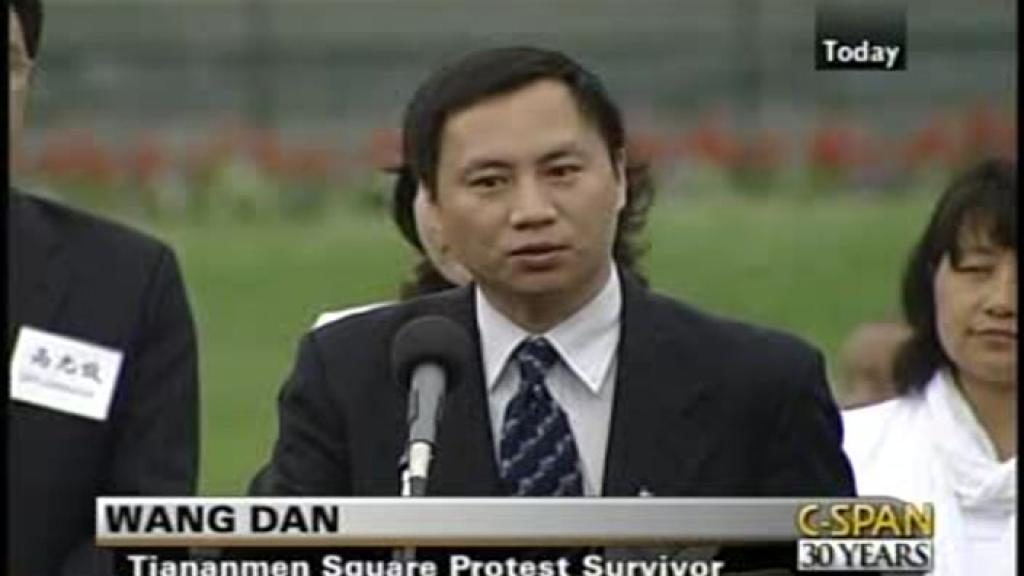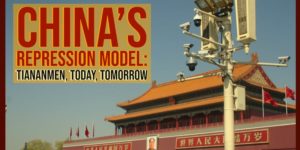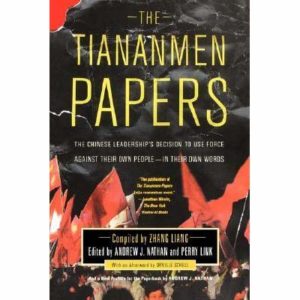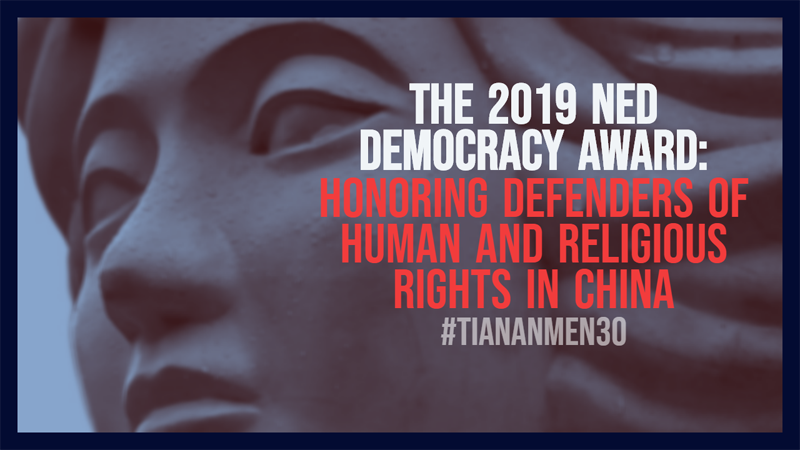
In May 1989, Wang Dan was 20 years old. With a megaphone held up to his thin face, which was in part masked by his large glasses, he rallied the pro-democracy crowds in Beijing’s Tiananmen Square, AFP reports:
Little more than a month later, after a deadly crackdown by Chinese troops, he found himself on the top of the country’s most wanted list. Now, 30 years on, the US-based dissident still remembers every minute of those pivotal days, when student-led pro-democracy activists demonstrated for weeks – a huge embarrassment for the ruling Communist Party. Ultimately, early on June 4, 1989, Chinese tanks and soldiers crushed the movement, killing hundreds, and by some estimates more than 1,000.
“We never expected that,” he told AFP in an interview near his home in the Washington suburbs. “To open fire on people, that was beyond our expectations.”
 China’s authoritarian government is spreading its influence to free societies everywhere, requiring foreign nations to take tougher action to curb its abuses, Wang told reporters in Tokyo. He said the overthrow of the one-party Communist government must be the ultimate goal of such a campaign.
China’s authoritarian government is spreading its influence to free societies everywhere, requiring foreign nations to take tougher action to curb its abuses, Wang told reporters in Tokyo. He said the overthrow of the one-party Communist government must be the ultimate goal of such a campaign.
“China becomes a threat for the free world and in my opinion, I think it is time to relink trade and human rights issues. That might be the only way to deal with this problem,” said Wang, a recipient of the NED’s 1998 Democracy Award.
“I know a lot of Western countries don’t want to ruin their relationship with China and don’t want to see any regime change in China, but I have to say, if there’s no regime change, nothing can be resolved.”
 Freedom House’s Arch Puddington discusses the Tiananmen Square massacre and its legacy with Andrew J. Nathan, Class of 1919 Professor of Political Science at Columbia University and coeditor of the Tiananmen Papers (2001).
Freedom House’s Arch Puddington discusses the Tiananmen Square massacre and its legacy with Andrew J. Nathan, Class of 1919 Professor of Political Science at Columbia University and coeditor of the Tiananmen Papers (2001).
Is there any evidence that other countries are emulating China’s system of state-led economic growth and authoritarian political controls?
The first thing that most countries lack, which is core to the Chinese model, is a strong state. How China came to have a strong state is a long story, but there are, to begin with, deep historical roots, plus a modern revolution. If we imagine a country like, say, Pakistan, trying to emulate the Chinese model in this sense, the concept seems laughable. If a country does manage to create a strong state—perhaps Ethiopia is an example—that strong state can begin to learn from how China manages state enterprises, social control, the internet, its military, and so on, and the China model begins to be relevant. If a country tries to emulate China without a strong state, then all it gets is a more repressive kleptocracy. Zimbabwe might be an example of this pattern.
Photographer: Jeff Widener releases 30 photos from the Tiananmen Square protests that China has tried to erase from history (Business Insider).
The National Endowment for Democracy will honor the efforts of three outstanding organizations confronting China’s authoritarian tactics on the front lines, empowering Tibetans, Uyghurs, and Chinese Christians with technical, financial, and moral support to defend their rights, preserve their culture, and live their faith amidst the daily assault on their very existence. RSVP
Tue, June 4, 2019. 5:00 PM – 7:00 PM EDT Add to Calendar
Location: United States Capitol, First Street Southeast, HC-5, Washington, DC 20004 View Map








